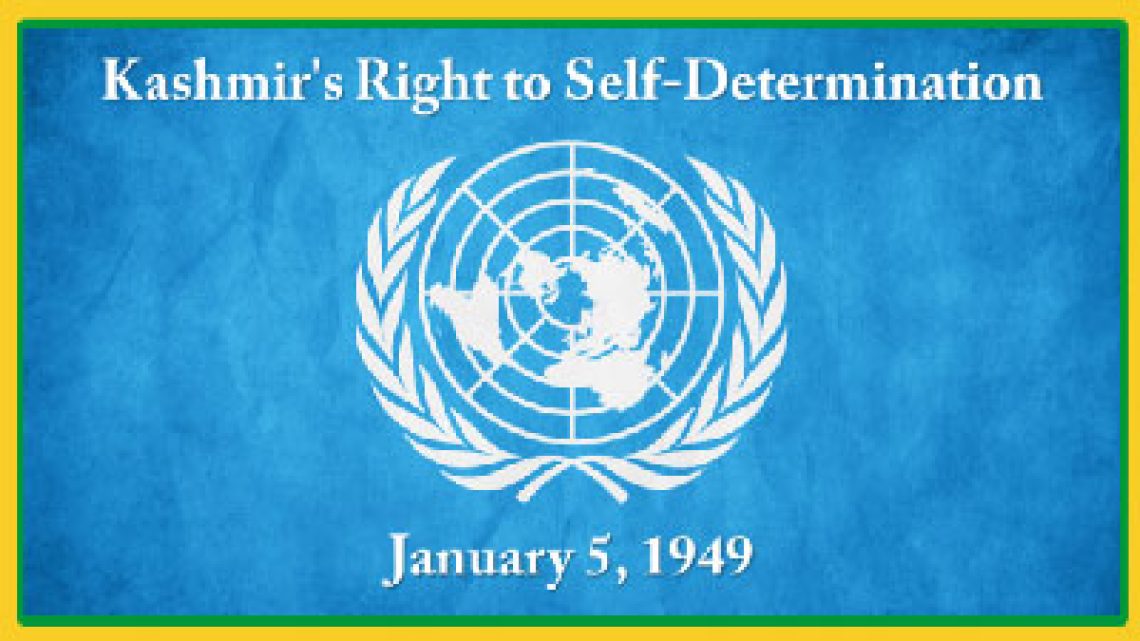
APHC Calls UN to Implement ITS Resolutions
March 17, 2024Masarrat Aalam Butt, the imprisoned Chairman of All Parties Hurriyat Conference (APHC), has made a fervent plea to the United Nations to intervene and resolve the Kashmir dispute according to its resolutions, ensuring the Kashmiri people’s inherent right to self-determination.
From his confinement in New Delhi’s notorious Tihar Jail, Masarrat Aalam Butt conveyed his message, highlighting the ongoing plight of the Kashmiri populace in Indian illegally occupied Jammu and Kashmir (IIOJK). He lamented the UN’s failure to enforce its resolutions on Kashmir, which has perpetuated the suffering of the Kashmiri people.
Butt underscored the egregious human rights violations perpetrated by Indian armed forces and their cohorts in the region, exacerbated by unfavorable portrayal in the Indian media with Hindutva leanings. He accused the ruling BJP government of employing coercive tactics to subjugate Kashmiris, ranging from intimidating youth through military operations to confiscating properties as punishment for resistance against the illegal occupation.
The incarcerated leader decried the incarceration of thousands of political prisoners, including Hurriyat leaders, activists, and journalists, often held without trial for prolonged periods. He criticized India’s resort to harsher policies in Kashmir following its military setbacks, aiming to prolong the subjugation of the Kashmiri populace.
Butt condemned the Indian media’s smear campaign against Kashmiri leaders and the freedom movement, labelling it as baseless propaganda. He vehemently opposed the Modi government’s efforts to suppress the demand for self-determination in IIOJK under the guise of Hindutva ideology.
Appealing to the international community, Butt urged for accountability regarding India’s atrocities in IIOJK and implored for concerted efforts to resolve the Kashmir dispute in alignment with UN resolutions and the aspirations of Kashmiris suppressed under Indian rule.
Masarrat Aalam Butt’s message from Tihar Jail underscores the enduring struggle of Kashmiris for self-determination amid India’s persistent violations of human rights and suppression of dissent. His appeal to the UN reflects the frustration over the lack of international action despite decades of suffering in Kashmir.
The mention of Hindutva-aligned Indian media highlights the role of media bias in shaping public opinion and justifying state actions. The portrayal of Kashmiris as adversaries serves to delegitimize their grievances and perpetuate the status quo of Indian control.
Butt’s condemnation of India’s coercive tactics, including arbitrary detentions and property seizures, underscores the systematic oppression faced by Kashmiris. The reference to thousands of political prisoners highlights the widespread crackdown on dissenting voices and the erosion of basic rights in the region.
Overall, Butt’s plea amplifies the urgent need for international intervention to address the Kashmir conflict and uphold the rights of the Kashmiri people. It calls attention to the ongoing humanitarian crisis and the imperative of resolving the dispute in accordance with the principles of justice and self-determination.

